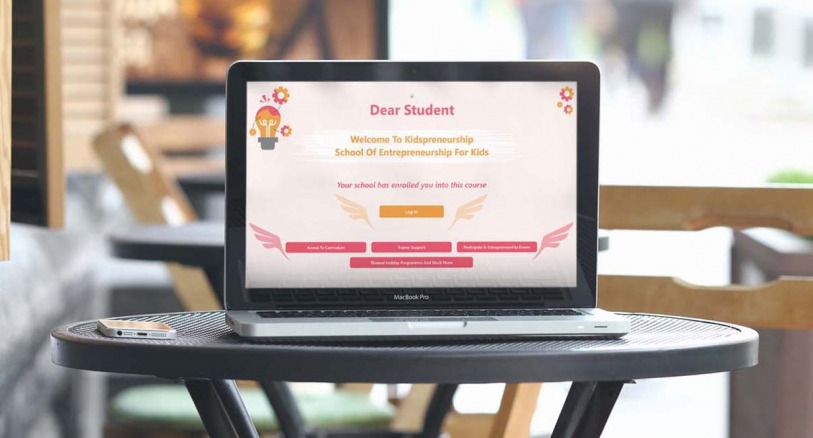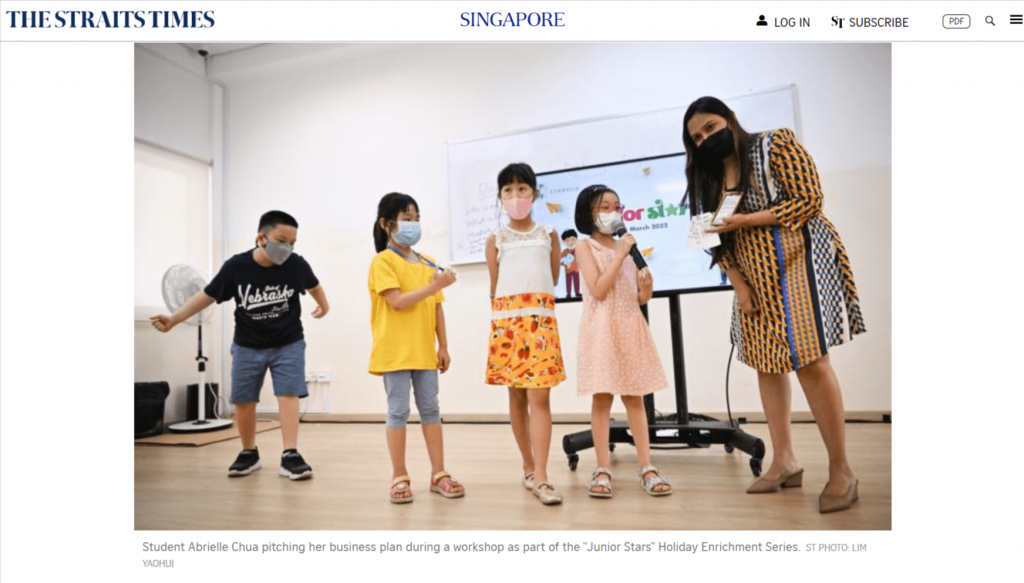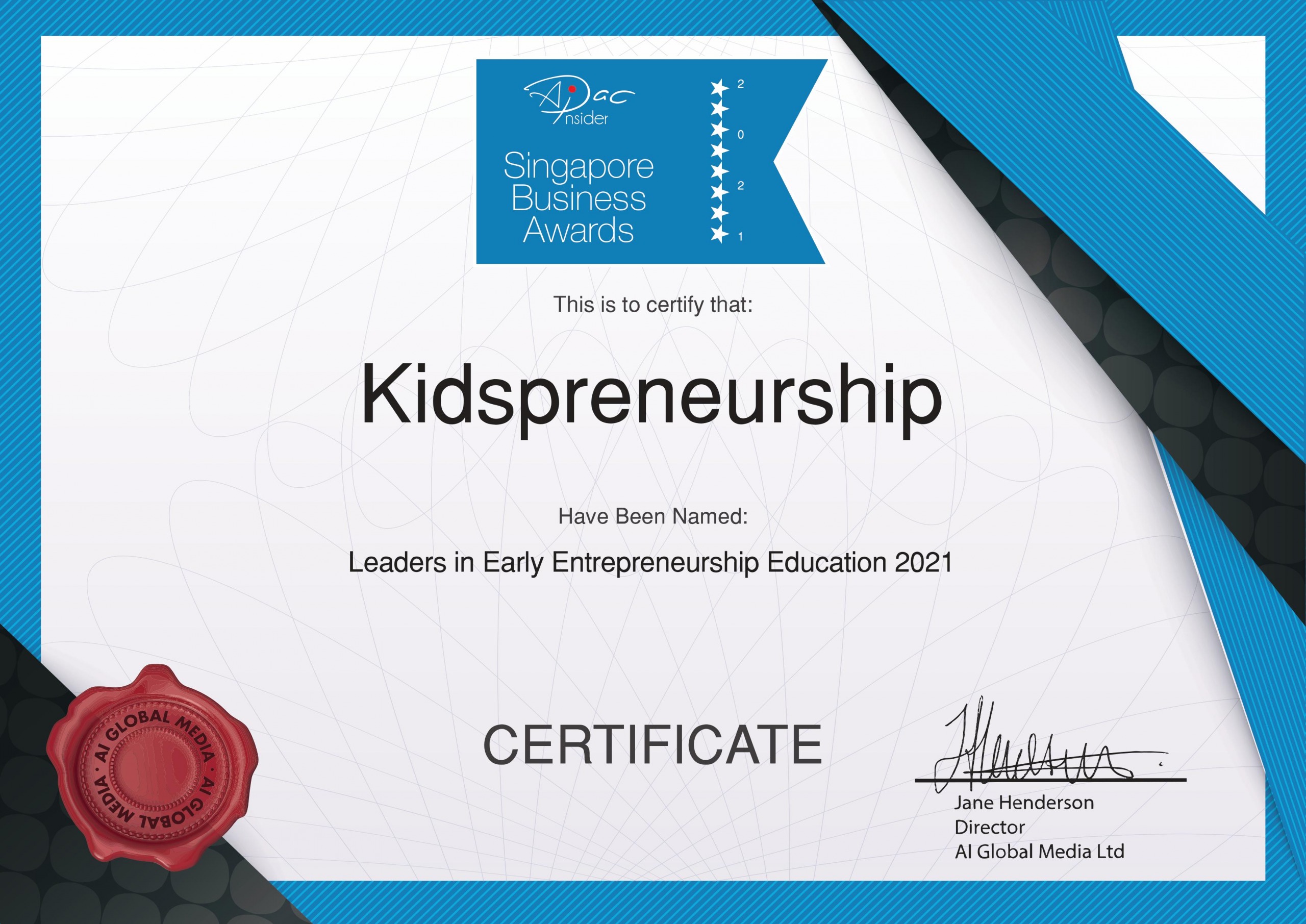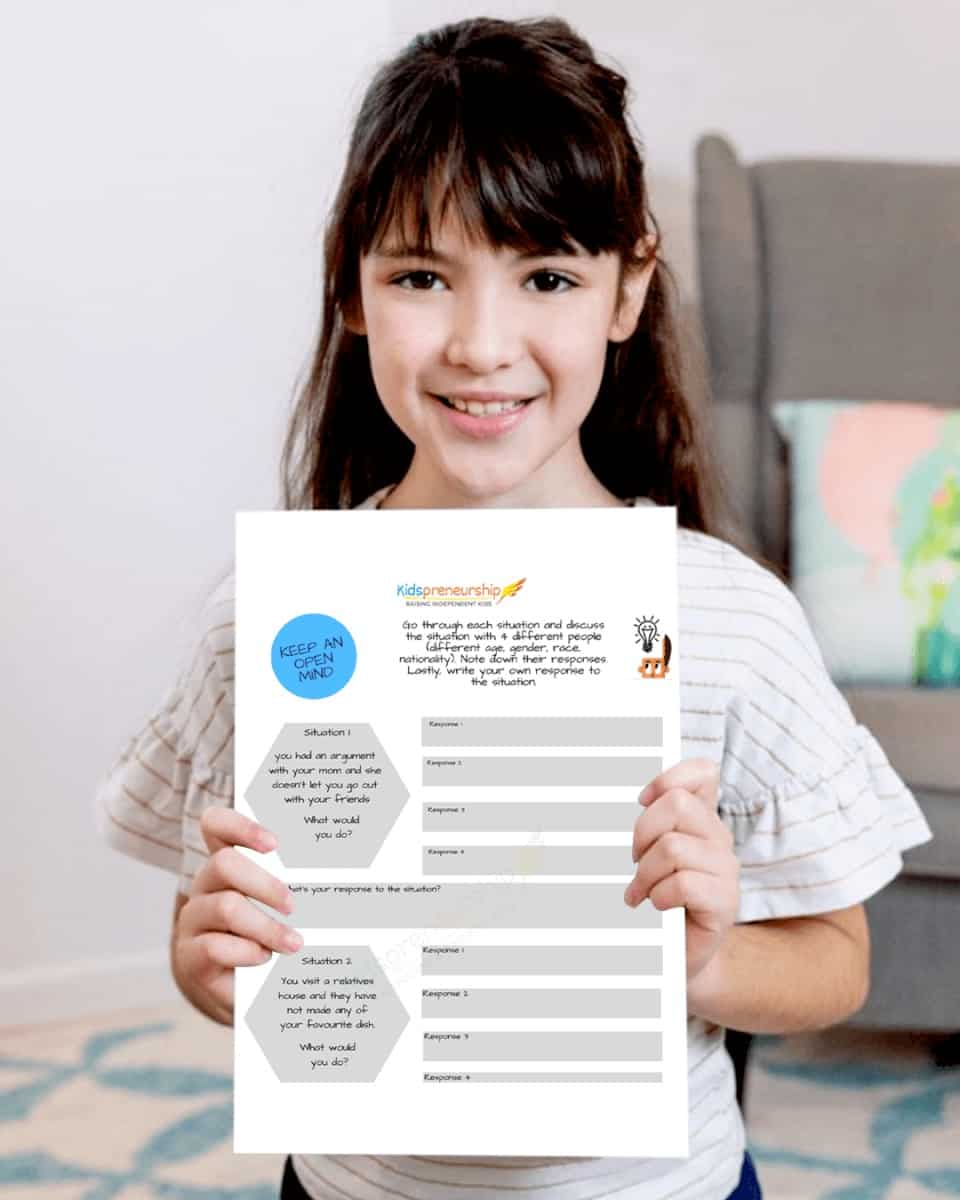We see a lot of parents and schools commonly trapped into few or all of the below problems.
- Not recognizing the importance of non-cognitive skills: While academic performance is important, non-cognitive skills such as social-emotional learning, motivation, and grit are just as crucial for success in school and in life. However, these skills are often overlooked in traditional education models.
- Underestimating the importance of play-based learning: Play is a vital component of child development and should be integrated into the curriculum at all grade levels. However, many schools prioritize academic achievement over play-based learning, which can lead to a lack of creativity and critical thinking skills in students.
- Over-reliance on standardized testing: Standardized assessments can be a useful tool for measuring student performance, but they should not be the sole determinant of a student’s progress or a teacher’s effectiveness. Standardized testing can also lead to a narrow focus on test-taking strategies rather than a well-rounded education.
- Lack of emphasis on real-world problem-solving: Students need to be taught how to apply what they’ve learned to real-world problems. However, many schools focus on rote memorization and theoretical concepts, which can leave students ill-equipped to handle the complexities of the real world.
- Inadequate support for diverse learners: All students have unique strengths and needs, and schools need to be equipped to support students of all backgrounds, abilities, and learning styles. However, many schools fail to provide adequate support for diverse learners, which can lead to a lack of engagement and achievement among these students.
- Standardizing education way too much – We standardize education mostly for our convenience but that’s a big mistake because every child is different. It would be unfair to expect a bird to swim or a fish to fly, as they are adapted to their specific environments and abilities. Similarly it is very unfair to expect all kids to excel in same subjects
- Stacking kids as per age – Most schools do not let kids of different age groups collaborate with each other and that’s a huge mistake. In real-world, people with different age groups work together.
In conclusion, to make sure that our students are getting the best possible education, we need to be aware of these mistakes and work to address them. These include recognizing the importance of non-cognitive skills, integrating play-based learning, reducing over-reliance on standardized testing, emphasizing real-world problem-solving, and providing adequate support for diverse learners.
Read – Integration of skill education, entrepreneurship and innovation in early childhood education



























